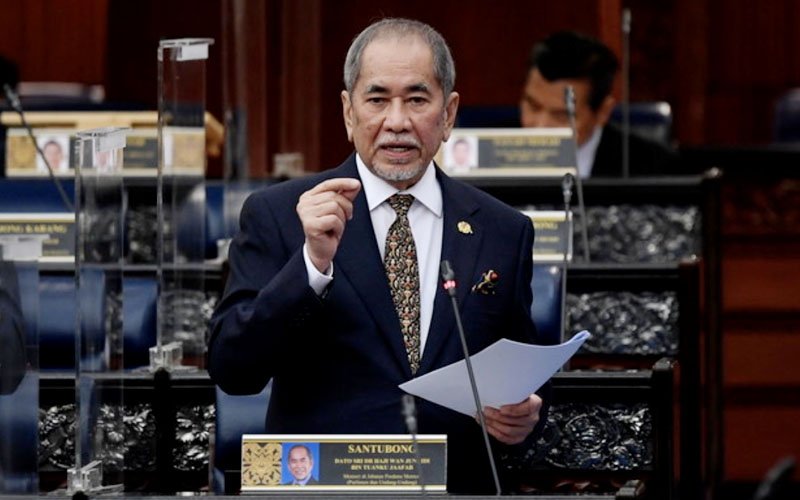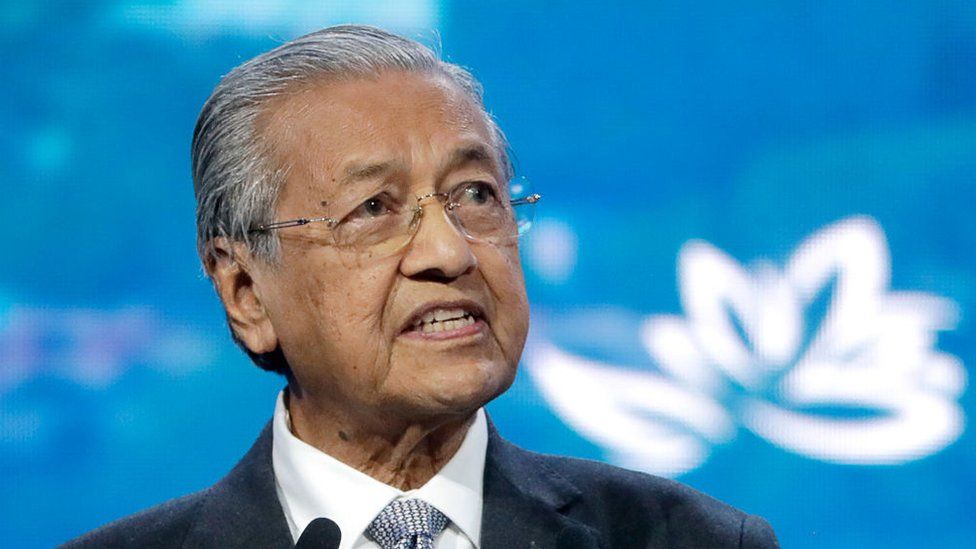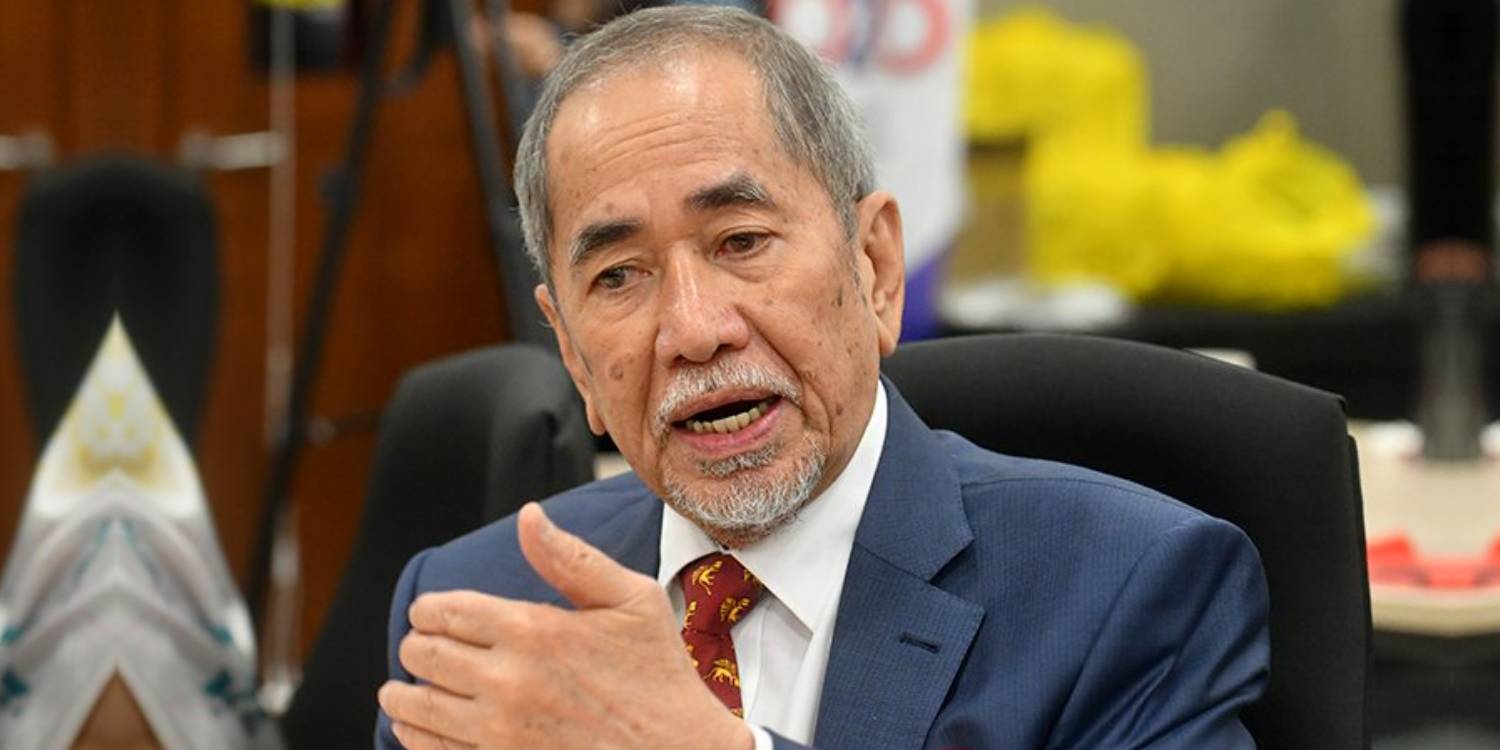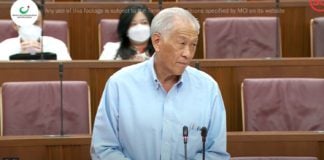Malaysia Abolishes Mandatory Death Penalty After 39 Years
The recent execution of Malaysian drug trafficker Nagaenthran Dharmalingam garnered worldwide attention, showing that the death penalty remains a highly-controversial topic even today.
M’sian Drug Trafficker Executed After Last-Minute Appeal Dismissed, Funeral To Be Held In Ipoh
Similar to Singapore, Malaysia, too, has the mandatory death penalty, but that is soon to change.
On Friday (10 Jun), law minister Wan Junadi Tuanku Jaafar announced that the Malaysian government has agreed to abolish the mandatory death penalty.
Instead, the court will sentence criminals to other forms of punishment at its discretion.
Malaysia to abolish mandatory death penalty
According to Free Malaysia Today (FMT), the Malaysian government has agreed to abolish the mandatory death penalty.
This happened after law minister Mr Wan Junaidi presented a report at a Cabinet meeting on Wednesday (8 Jun). The report included a study of alternative sentences for the death penalty.
In a statement, Mr Wan Junaidi said that the Cabinet has acknowledged the need to carry out more research “regarding proposed alternative sentences for 11 offences which carry the mandatory death penalty, one offence under Section 39B of the Dangerous Drugs Act and 22 offences which carry the death penalty but under the discretion of the court”.
Channel NewsAsia (CNA) reports that crimes that are punishable by death in Malaysia include murder, terrorism, possession of firearms, and drug trafficking.

Source: Bernama via Free Malaysia Today
Mr Wan Junaidi noted that this demonstrates “the government’s emphasis on ensuring that the rights of all parties are protected and guaranteed”.
This, in turn, reflects “the transparency of the country’s leadership in improving the country’s criminal justice system”.
Malaysia has had mandatory death penalty since 1983
According to Amnesty International, the death penalty has been in Malaysia’s criminal justice system since the British colonial administration.
In 1952, the British colonial government introduced the Dangerous Drugs Act (DDA) to combat drug abuse in the country. In 1975, the DDA began carrying the death penalty, which became mandatory in 1983.
The death penalty expanded under the leadership of Prime Minister Mahathir Mohamad. Between 1983 and 1992, authorities reportedly executed over 120 convicted drug offenders.
FMT notes that as of November last year, there were 1,359 prisoners reportedly on death row.

Source: Getty Images via BBC
In 2011, the Malaysian government set up the International Centre for Law and Legal Studies to discuss the use of capital punishment in Malaysia.
Mohamed Nazri Abdul Aziz, the former Minister of Tourism, Arts and Culture, claimed that they could not abolish the death penalty without the public’s support.
However, a Death Penalty Project report found that the Malaysian public was less anti-abolitionist than initially thought.
It’s unclear when the new changes will take effect.
While some fear that there will be a rise in drug-related crimes, human rights activists applaud the decision. There are now calls to abolish the death penalty altogether.
The beginning of a new Malaysia?
The death penalty will likely remain a controversial topic for a long time, and while it appears that capital punishment is here to stay in Singapore, things might be changing over the Causeway.
Hopefully, the Malaysian courts will be able to come up with more effective deterrents in place of the death penalty that will help ensure a safer Malaysia.
Have news you must share? Get in touch with us via email at news@mustsharenews.com.
Featured image adapted from Free Malaysia Today.








